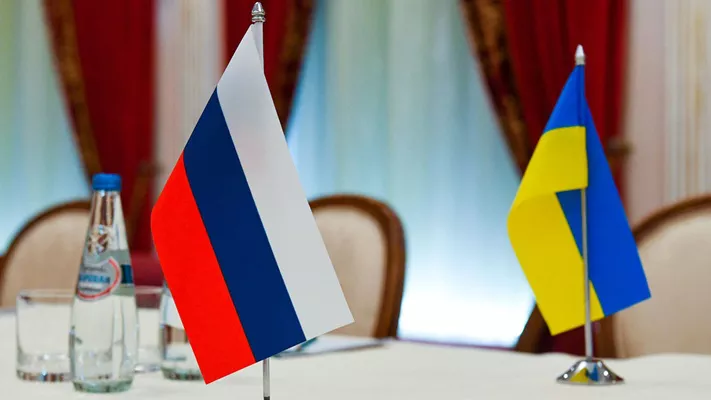On March 18, Russian President Vladimir Putin agreed to a U.S. proposal, supported by Ukrainian President Volodymyr Zelenskiy, to halt attacks on energy infrastructure for 30 days. However, the agreement did not meet the U.S. and Ukraine’s initial goal of a full 30-day truce. Both sides have continued to strike each other’s energy facilities.
Nuclear Power Plants
In a March 19 call, U.S. President Donald Trump suggested that the U.S. could assist in running, and possibly owning, Ukraine’s nuclear power plants. Zelenskiy denied any talk of ownership but confirmed discussions about the Zaporizhzhia plant, Europe’s largest, which is under Russian control. Both Russia and Ukraine have accused each other of threatening the plant’s safety. Zelenskiy said Ukraine would discuss U.S. involvement in modernizing the plant if it is returned to Ukrainian control.
Black Sea Shipping
On March 24, U.S. and Russian officials discussed a maritime ceasefire in the Black Sea, a proposal led by Trump. This initiative follows the Black Sea Grain Initiative, brokered by Turkey and the UN in 2022, which allowed the safe export of Ukrainian grain. Although Russia withdrew after a year, both countries continue to export grain with few issues. Zelenskiy has expressed support for the truce, which could allow Ukraine to export goods through Mykolaiv, alongside other ports in the Odesa region.
Prisoner Exchanges
On March 19, Russia and Ukraine exchanged 175 prisoners of war each, with Russia also releasing an additional 22 Ukrainian prisoners as a “goodwill gesture.” Zelenskiy stated these prisoners were severely wounded or falsely accused.
NATO Membership
Putin has insisted that Ukraine abandon its NATO aspirations. Ukraine, however, sees NATO membership as a key security guarantee. U.S. officials, including John Coale and Defense Secretary Pete Hegseth, have indicated that NATO membership for Ukraine is not off the table, though Trump has expressed doubts that Russia would ever allow it.
Ukraine’s Post-War Security
With NATO membership not immediate, Ukraine is seeking continued military support from the U.S. and Europe. Britain and France are considering a plan to station foreign troops, ships, and planes in Ukraine after a peace deal. However, Russia opposes this idea, insisting that Ukraine’s military must be reduced as part of any peace agreement.
Western Sanctions and Elections
Putin has called for the easing of Western sanctions on Russia and the holding of presidential elections in Ukraine. Ukrainian law prohibits elections during martial law, and officials argue it’s not Russia’s place to dictate election dates. The U.S. has imposed heavy sanctions on Russia, targeting its oil revenues, while the Trump administration is exploring ways to ease these sanctions if Russia agrees to end the war.
Russian-Held Territories
Russia seeks recognition of its control over four Ukrainian regions—Luhansk, Donetsk, Zaporizhzhia, and Kherson—as well as Crimea, which it annexed in 2014. Ukraine has stated it will never accept Russia’s sovereignty over these territories but acknowledges that diplomatic efforts will be necessary for their eventual return.
Ukrainian Minerals
Ukraine and the U.S. are negotiating a deal to develop Ukraine’s natural resources, particularly rare earth minerals used in electronics. However, talks faltered after a meeting between Trump and Zelenskiy last month. The White House is now focused on a long-term peace agreement, and Trump recently suggested that a deal on rare earths will be signed soon.
Related Topics:


